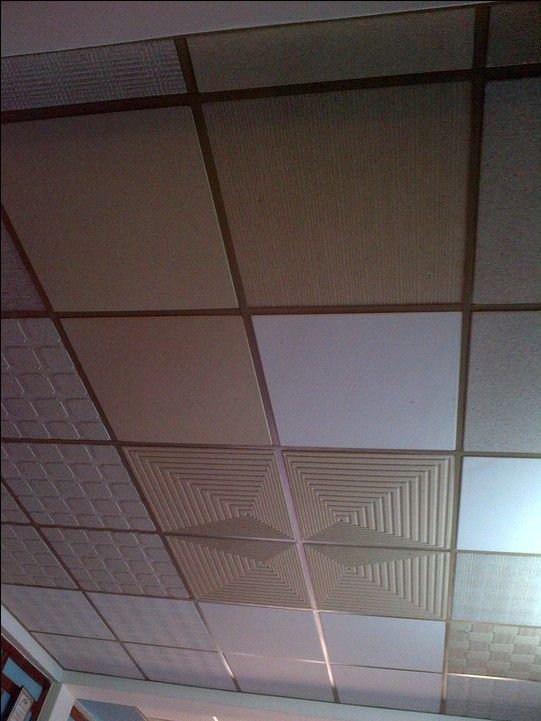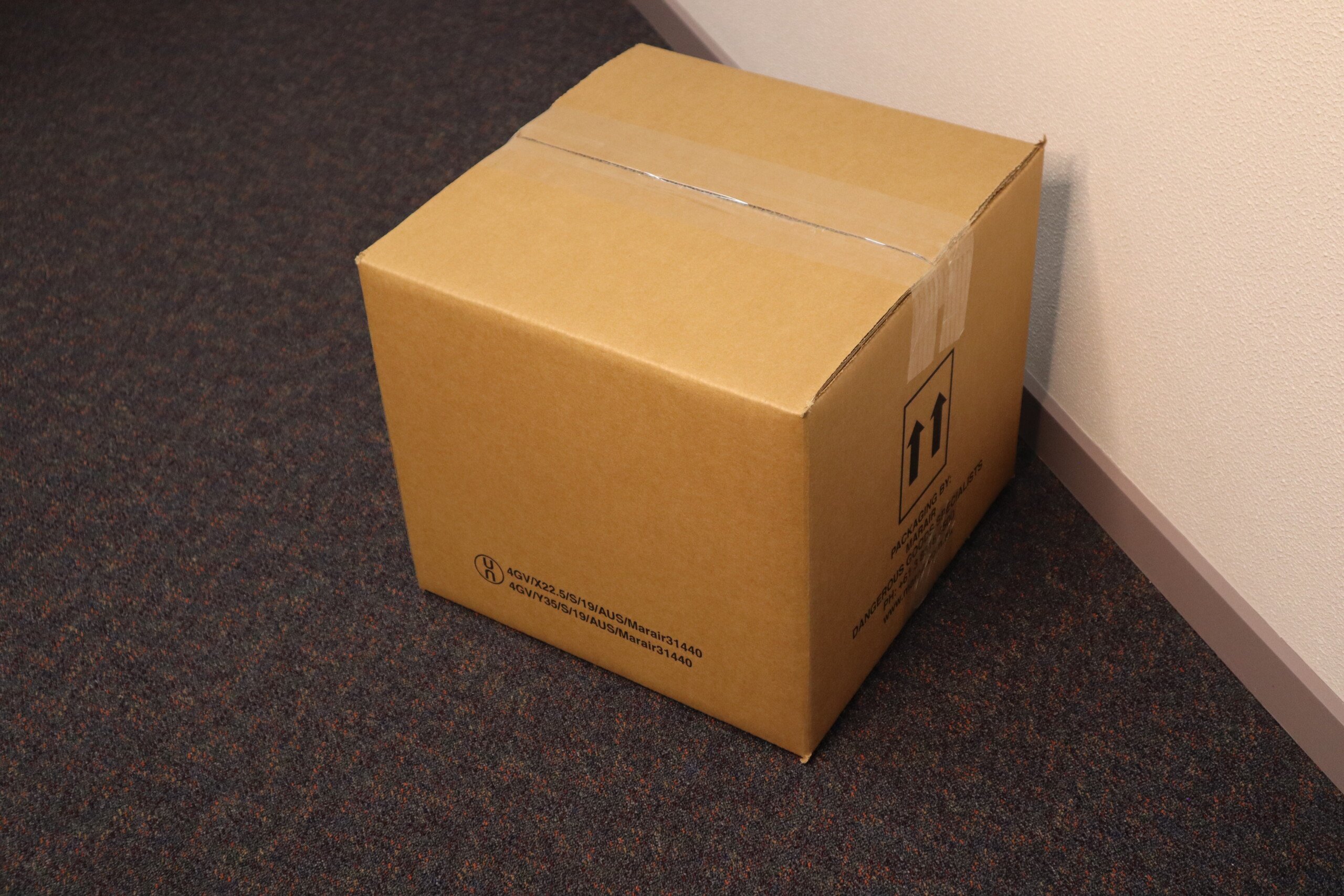The types of ceiling in Nigeria vary widely, offering a spectrum of options to suit diverse architectural styles and preferences. From the classic elegance of suspended ceilings to the rustic charm of exposed rafters, Nigerian homes showcase a rich tapestry of ceiling designs. Whether you’re drawn to the modern sleekness of PVC panels or the traditional allure of wooden beams, there’s a ceiling type that resonates with your aesthetic vision. Explore the fascinating world of types of ceiling in Nigeria to discover the perfect fit for your space.
Types of Ceiling in Nigeria
Welcome to our comprehensive guide on the various types of ceilings commonly found in homes and buildings across Nigeria. Ceilings play a crucial role in the overall design, aesthetics, and functionality of a space. In this article, we will explore different types of ceilings that are popular in Nigeria, considering factors such as materials, cost, and maintenance.
Suspended Ceilings
Suspended ceilings, also known as drop ceilings or false ceilings, are popular in Nigeria due to their versatility and ease of installation. These ceilings consist of a metal grid system that holds ceiling tiles in place. The tiles can be made of different materials such as mineral fiber, gypsum, or metal. Suspended ceilings are commonly used in commercial buildings, offices, and residential properties.
One of the key advantages of suspended ceilings is their ability to hide wiring, pipes, and ductwork, providing a clean and polished look to the interior space. They also offer sound insulation and can improve energy efficiency by reducing heat loss.
Gypsum Ceilings
Gypsum ceilings are a popular choice in Nigeria for their affordability and versatility. Gypsum boards are lightweight and easy to install, making them a preferred option for both residential and commercial projects. These ceilings are known for their smooth finish and can be easily painted to match the interior decor.
In addition to their aesthetic appeal, gypsum ceilings also offer excellent fire resistance properties, making them a safe choice for buildings. They are also relatively low maintenance and durable, providing long-lasting performance.
Wooden Ceilings
Wooden ceilings add a natural and warm touch to any space, making them a popular choice for homes in Nigeria. Different types of wood, such as mahogany, cedar, or pine, can be used for wooden ceilings, each offering unique textures and colors. Wooden ceilings create a cozy and inviting atmosphere, perfect for residential living spaces.
While wooden ceilings can be more expensive than other options, they provide excellent insulation properties, helping to regulate indoor temperatures. They also add a touch of elegance and sophistication to the interior design.
Pop Ceilings
Pop ceilings, short for Plaster of Paris, are another common type of ceiling found in Nigeria. Pop ceilings are created by applying a mixture of Plaster of Paris, water, and additives to the ceiling surface. These ceilings are then molded and shaped to create various designs and patterns.
Pop ceilings are favored for their versatility in design, allowing homeowners to customize their ceilings with intricate patterns, curves, and shapes. They are also relatively cost-effective compared to other types of ceilings and are known for their smooth finish.
Benefits of Pop Ceilings
One of the main advantages of pop ceilings is their ability to conceal imperfections on the ceiling surface, providing a flawless look to the room. They are also easy to clean and maintain, making them a practical choice for busy households.
Pop ceilings come in a variety of colors and can be painted to complement the interior decor of the space. They are a great option for adding a touch of style and elegance to any room.
Exposed Beam Ceilings
Exposed beam ceilings, also known as cathedral ceilings, are a popular choice for homeowners looking to create a sense of openness and spaciousness in their living spaces. These ceilings feature exposed structural beams, adding a rustic and architectural element to the room.
Exposed beam ceilings are commonly found in traditional Nigerian architecture and are often made from wood or metal. They create a dramatic visual impact and can make a room feel larger and more airy.
Maintenance of Exposed Beam Ceilings
While exposed beam ceilings offer aesthetic appeal, they may require more maintenance compared to other ceiling types. Regular cleaning and maintenance of the beams are necessary to prevent dust and debris buildup. Additionally, proper sealing and treatment of the beams may be required to protect them from damage and pests.
Despite the maintenance involved, exposed beam ceilings can significantly enhance the overall design and character of a space, making them a popular choice among homeowners in Nigeria.
In conclusion, the choice of ceiling in Nigeria plays a significant role in defining the aesthetic appeal, functionality, and overall ambiance of a space. Whether you prefer the versatility of suspended ceilings, the warmth of wooden ceilings, the customization of pop ceilings, or the openness of exposed beam ceilings, there are various options to suit every preference and budget.
When deciding on the type of ceiling for your home or building, consider factors such as maintenance requirements, cost, durability, and design preferences. Each type of ceiling has its own unique characteristics and benefits, so choose the option that best suits your style and needs.
We hope this guide has provided valuable insights into the types of ceilings available in Nigeria and has helped you make an informed decision for your next project. Remember, the ceiling is not just a structural element but a key design feature that can transform any space into a beautiful and functional environment.
The Prices and Different Types of Ceiling Board Sheet in Imo State, Nigeria
Frequently Asked Questions
What are the common types of ceilings in Nigeria?
In Nigeria, the common types of ceilings include PVC ceilings, asbestos ceilings, pop ceilings, suspended ceilings, and wooden ceilings.
How do PVC ceilings differ from other types of ceilings in Nigeria?
PVC ceilings are popular in Nigeria due to their affordability, easy installation, durability, and resistance to moisture and termites. They come in various designs and colors, offering a modern finish to spaces.
What are the advantages of using pop ceilings in Nigerian homes?
Pop ceilings are favored in Nigeria for their aesthetic appeal, smooth finish, and ability to incorporate lighting and designs. They are also known for their thermal insulation properties, enhancing the overall comfort of a room.
Can suspended ceilings be a good choice for commercial spaces in Nigeria?
Yes, suspended ceilings are commonly used in commercial spaces in Nigeria due to their versatility, ease of maintenance, and ability to conceal wirings and plumbing. They also allow for easy access to hidden infrastructure for repairs or upgrades.
Final Thoughts
In Nigeria, the types of ceilings commonly used include suspended, plaster of paris, PVC, and asbestos. Each type offers unique benefits in terms of cost, durability, and aesthetics. Homeowners should consider factors such as climate, budget, and design preferences when choosing a ceiling type. Ultimately, the choice of ceiling in Nigeria plays a significant role in defining the overall look and feel of a space. Explore the various options available to find the best fit for your needs and style.





